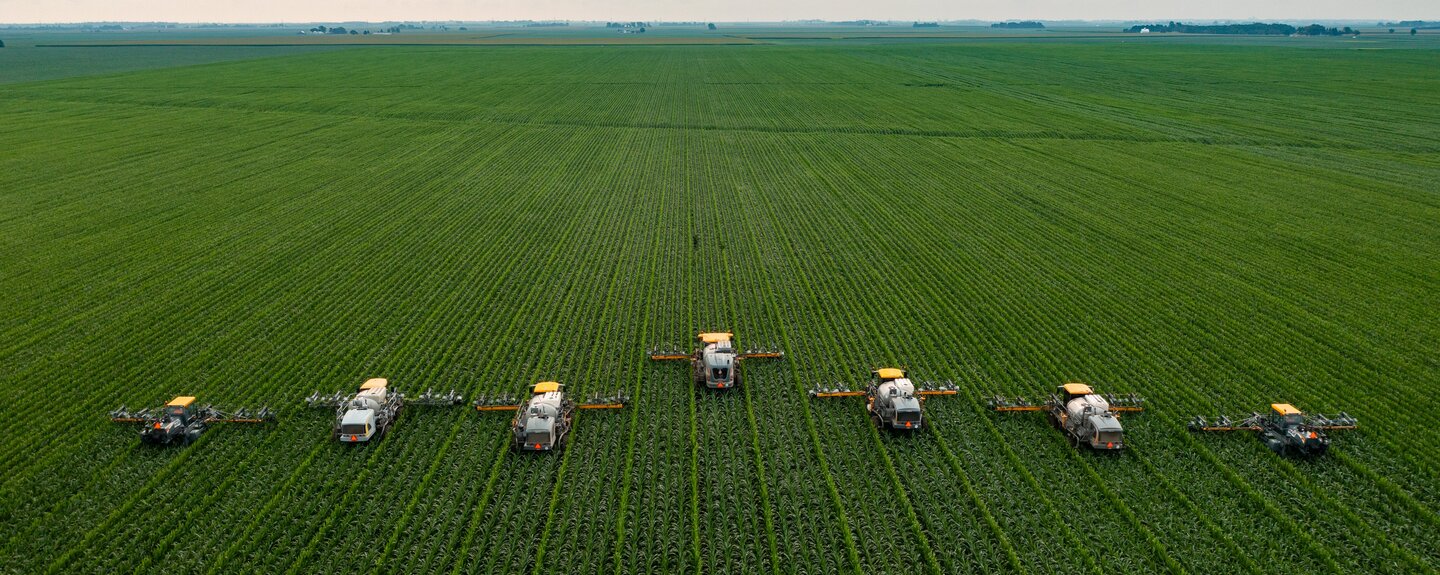60 years of Common Agricultural Policy
1962, a year from which it is easier to remember the Cuban Missile Crisis during the Cold War. In that same year, a European star was born: the Common Agriculture Policy. Among its objectives, as stated in the Treaty on the Functioning of the EU (TFEU), are: to increase agriculture productivity and assure the availability of supplies that reach the consumers at reasonable prices.
The Common Agricultural Policy and food security
The Common Agricultural Policy (CAP), which was born in a post-war era to ensure food supplies, is entering its 60th anniversary on the brink of comprehensive reform. Its legislative process started 4 years ago marked by the post-Brexit period. During these last 4 years, many more relevant events have occurred, probably more than in any other 4-year period in the recent history of the EU. 2020 and 2021 have been the years of the COVID19 pandemics. And when we thought that was time to recover, Russia invaded Ukraine, a neighbouring country of the EU.
Before the pandemic, farmers were already facing problems in many member states mainly related to low incomes and the distribution of benefits along the food supply chain. This situation has nothing but worsened in the many Member States with the war in Ukraine and its economic consequences. The National Strategic Plans are being approved in the upcoming months and the European Commission some weeks ago proposed the temporary derogation from crop rotation and maintenance of non-productive features on arable land to face the situation and avoid shortages of cereals worldwide. The first package of National Strategic plans was approved on 31 August 2022.
Agricultural policy & new challenges
In moments like these that we are dealing with now, the legislators must combine both short and long-term solutions. The EU and its member states have to offer immediate solutions while at the same time thinking about the future sustainability of a sector that is much more affected by the climate crisis than others. The instant urgency should not let us forget the challenges that are still on the table. This summer has shown the effects that climate change has on food production all across Europe. In order to guarantee the future of the sector, adaptation and mitigation measures are vital. And that future is not so far away as some thought. It is not very hard to find articles explaining how climate change is disrupting production and even forcing the closure of farms facing difficulties.
It is vital to keep in mind another of the objectives of the CAP: to ensure a fair standard of living for the agricultural community. It is much harder to build an ecosystem or an economic activity than to keep it working. Ensuring fair living standards will help to avoid the need of opening new farms that will be much more expensive in terms of resources and human effort than supporting the existing ones functioning and preventing their end of the business.
The CAP has been a useful tool for 60 years. Efforts to adapt it to new challenges have been done and are continuously needed. According to the TFEU, the increase in productivity must be done by promoting technical progress and by ensuring the rational development of agricultural production and the optimum utilization of the factors of production. This is key. Even if sometimes farmers are seen as the “bad guys” when it comes to pollution, it is in their best interest to produce in the most sustainable way. They are responsible and, at the same time, taking advantage of healthy soils and production systems that allow a cut in resources needed to produce.
At Schuttelaar & Partners, we know very well the agri-food sector given our collaboration with different clients and our role in H2020 projects such as IoF2020 and SmartAgriHubs. As a consultancy specialized in communications and Public Affairs -and also in understanding the practice of (animal) farming-, we know that communication is a relevant element for the EU and the Member States when it comes to explaining the benefits of an important policy such as the CAP to all citizens. But also when it comes to informing farmers about the reasoning behind certain measures and the long-term sustainability of the sector.
After 60 years, the CAP is still as relevant as it was at its origin. We will keep working on our projects and with our clients towards a CAP adapted to the current and future emerging challenges.










